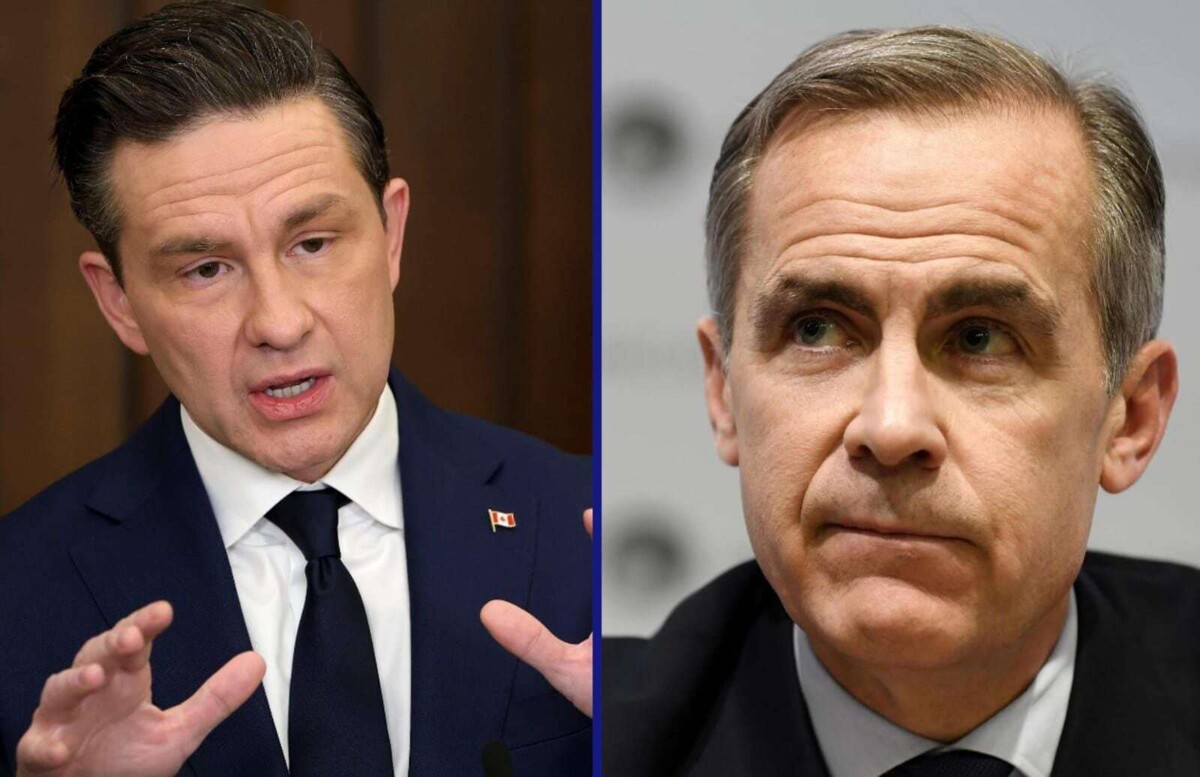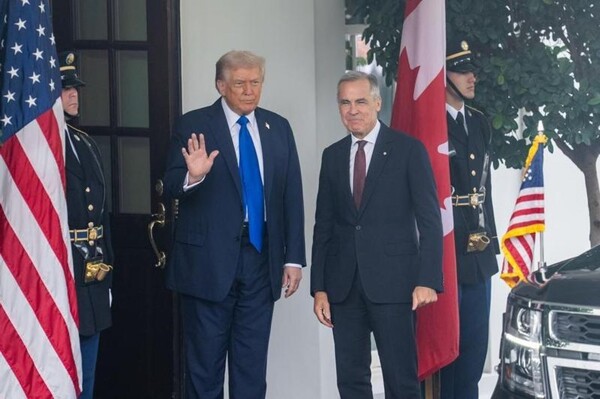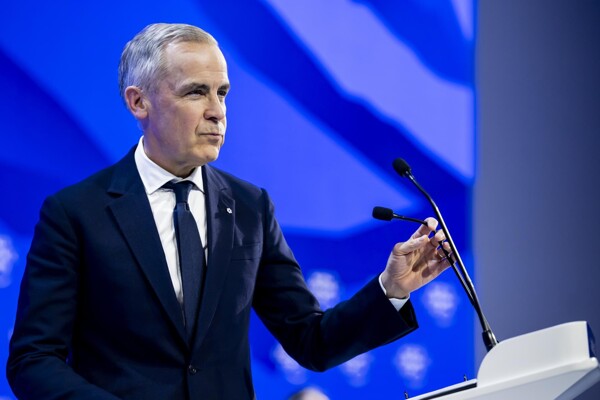
Mark Carney will be the successor to Justin Trudeau as Prime Minister of Canada after the latter resigned on January 6 due to a series of adverse events that led him to political isolation after governing for 9 years. Carney, who was previously the governor of the Bank of Canada and the Bank of England, will now face conservative Pierre Poilievre in the upcoming elections.
Despite his success as leader of the Liberal Party, Carney faces the challenge of dealing with a tough opponent like Poilievre, who has expressed his intention to exclude Mexico from the USMCA. Trudeau's popularity had been declining in recent months, worsened by conflicts with his finance minister, Chrystia Freeland. Although Carney lacks political experience, he has demonstrated skills in managing economic and financial crises.
Carney, dubbed the "Canadian Trump" for his similarities to the former U.S. president, has gained recognition for his overwhelming victory at the helm of the liberals. Although he holds triple nationality (Canadian, Irish, and British), he will relinquish the last two to consolidate his Canadian identity. With his background in central banking and the private sector, Carney aims to lead Canada at a critical political moment.
On the other hand, Pierre Poilievre, born in Calgary in 1979, is a conservative politician with experience in the House of Commons since 2008. With a tough and established approach, he represents a significant challenge for Carney in the upcoming elections. Known for his studies in international relations, Poilievre has built his political career on a solid conservative foundation.
The upcoming elections in Canada are shaping up to be a decisive event for the country's future, with two leaders, Carney and Poilievre, set to compete in a political contest that will define the nation's direction. Two opposing political visions are at odds, making the anticipation around the results high.













